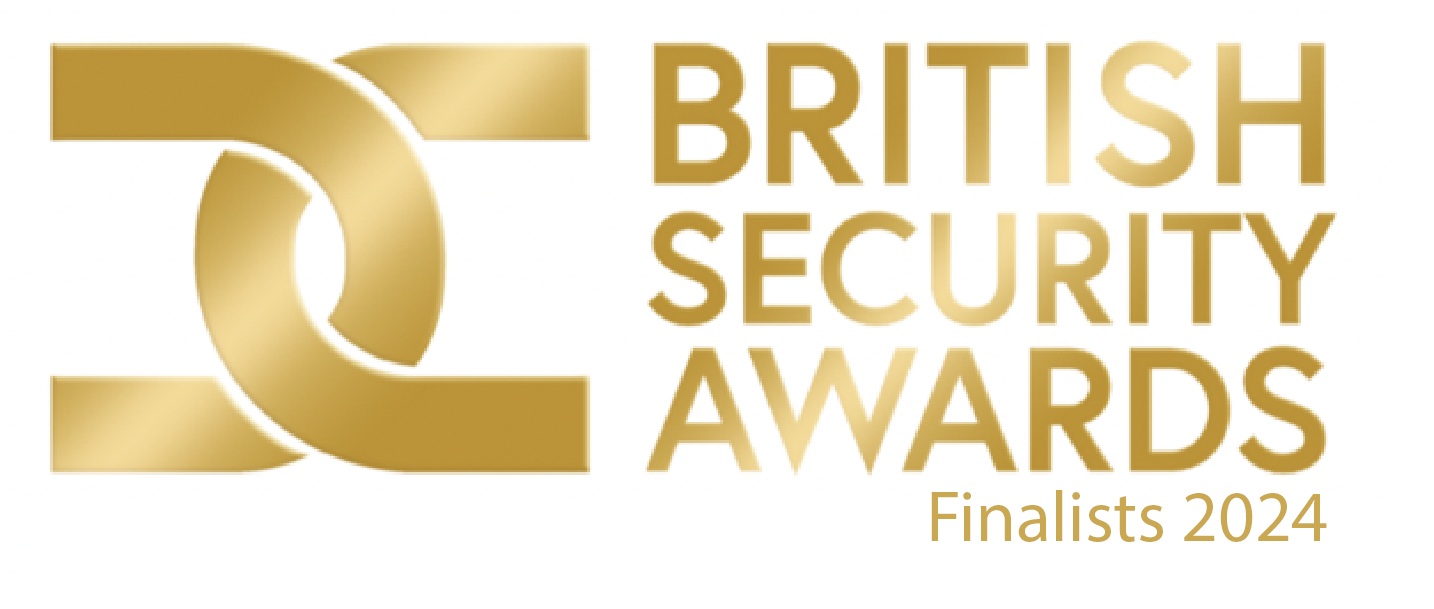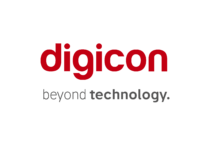Internet of things (IoT) is simply a system of devices that are connected to the internet and can transfer data between them across a network without the need for human interaction. Devices can be digital devices, mechanical/digital machinery, objects, implantable medical devices, or aminal biochips. IoT can bring together the devices within closed private internet networks together and allowing them to communicate even if they are on different network types. These will include sensors, smartphones and wearables. Each device collects data from their environment and either send the data to the cloud or analyse it locally, which will enable them to act/respond. IoT can also make use of AI technology to make the data collection process more straightforward. Most of the processes will take place without the need for human intervention, but they can interact to set them up or input the instructions or access the data.
IoT is still in its infancy, and some devices and networks can suffer from security issues but what it provides is a future of opportunity. Once the weaknesses can be overcome, for increased efficiency in the way things are done, so saving time and money. The benefit will reach to allow companies, governments and public authorities to reconsider how they deliver their services and produce goods. It will offer the potential to automate many more processes and reducing manufacturing and delivery costs.
Some of the potential benefits of IoT in different sectors and industries include;
- IoT in Farming – the use of sensors to collect information on environmental factors such as; rainfall, humidity, temperature and soil content, would all go towards the automation of farming techniques.
- Smart home – use of smart devices to control lighting, heating, security systems will help people to use energy with increased efficiency by automating the shut off such devices while also providing convenience for consumers around their home.
- Medical and Healthcare IoT – will include features such as remote healthcare monitoring, emergency notification systems, smart beds.
- Wearables – the industry that has quickly embraced IoT and deployed it for its services is that of wearable technology. Smartwatches, virtual glasses, heart rate monitors and even glucose monitors are widely available.
- Smart Cities – will have IoT applications in waste management and control, traffic control, smart parking, and fleet management.
- Smart Retail – use of IoT by retailers to communicate directly with consumers to enhance the in-store experience and improve the design and layout based on consumer paths through the store.
Currently, the issue with IoT devices is that there is no international standard for the manufacture, which means that compatibility is an issue when it comes to devices from different manufactures communicating with one another.
There are also privacy concerns raised to the amount of data collected by the various devices and how that data can be used by companies for their own purposes and also potentially access by criminals. So the security of such networks is a paramount issue to be considered and applied by manufactures of the devices. Even with the weaknesses that IoT is currently showing the potential applications for the future are vast, and this technology is set to change the way we live our lives entirely.


















